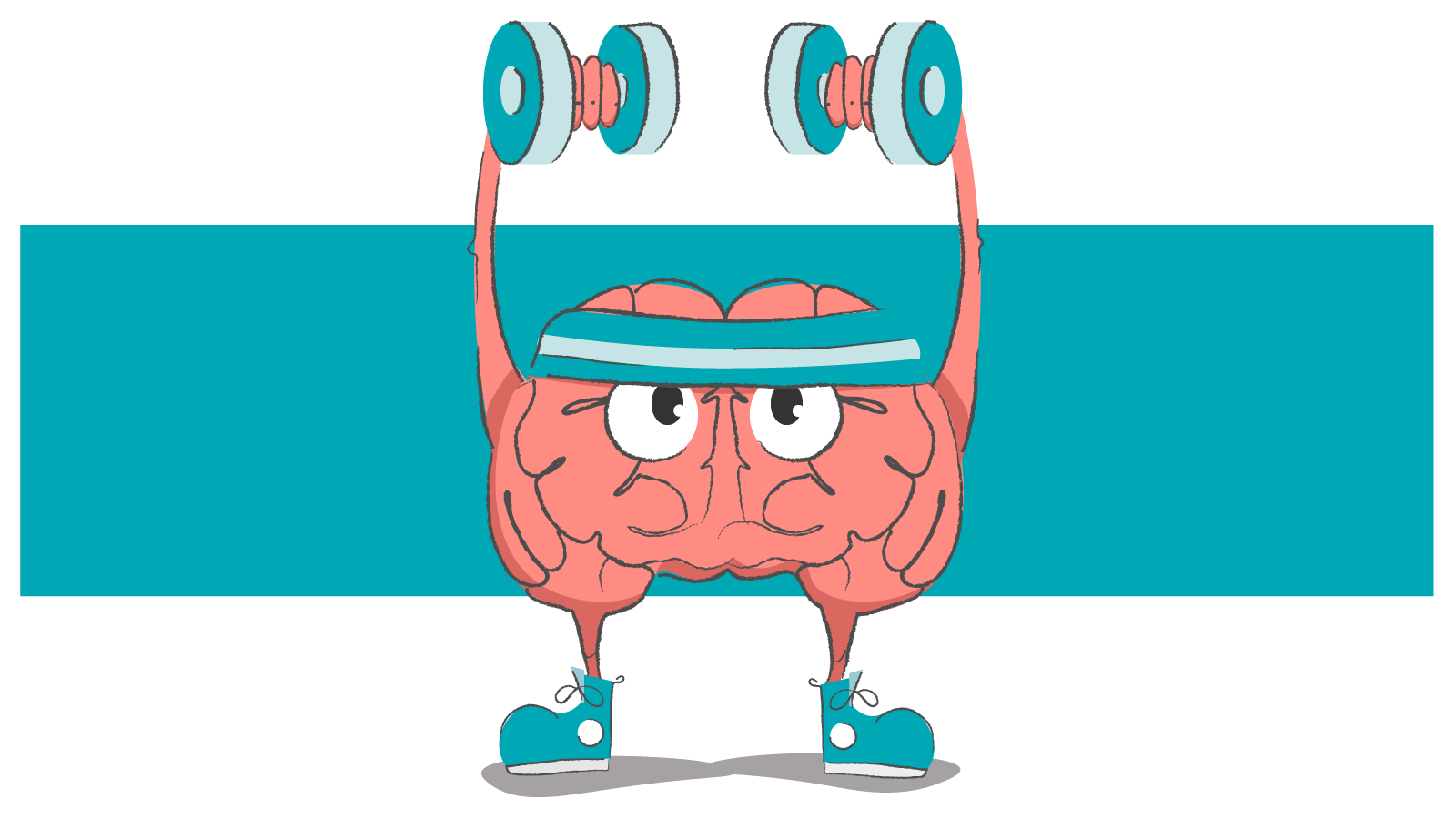Combining Meditation and Exercise to Combat Depression
Meditation and exercise, two independently powerful tools for enhancing mental health, have long been celebrated for their numerous advantages....

This is the conclusion of the JWB Foundation's metanalysis of the nearly 1,500 scientific research articles on physical activity and mental health published between 1990 and 2020. It is perhaps the most comprehensive report on the subject, to date.
While this report is new, the findings support a theory as old as clinical medicine. Fifth century BC Greek physician Hippocrates taught in his school that the mind and body were inextricably interrelated, and included physical activity in his treatment of mental disorders. Around the same time, but a few thousand miles East, Buddha is attributed with saying, "To keep the body in good health is a duty...otherwise, we shall not be able to keep our minds strong and clear."
What is clear, according to scientific research, is the truth behind what we have already known for thousands of years: physical activity directly impacts mental health.
And, importantly, while it generally takes several months of exercising to see any physical results (lose weight, etc.), the brain benefits can be felt immediately. Below we'll explain you how and why exercise should be an essential part of your mental health toolkit.
According the the JWB report mentioned earlier, 89% of all published peer-reviewed research between 1990 and 2020 found a positive, statistically significant relationship between exercise/physical activity and mental health.
This is perhaps the greatest part of the relationship between mental health and physical exercise. You don't need a severe exercise regiment to feel the mental health effects; starting small with light-to-moderate activities, like walking, even once a week is enough to make a difference. The HUNT study we referenced earlier found that 12% of future cases of depression could have been prevented if all participants had engaged in at least 1 hour of physical activity each week.
A massive study of over 1.2 million individuals found that three to five 30-45-minute moderate to vigorous exercise sessions per week deliver the optimal mental health benefits.
However, while high-intensity exercise regimens are generally more effective than low-intensity regimens, it's important not to over-do it: over-exerting yourself can actually have negative effects.
The comprehensive JWB Foundation report sums this relationship up best:
"Routinely moving our bodies is a key element in the ecosystem of factors that help us to build our mental and emotional well-being. Whether pumping iron, owning the treadmill, strengthening the core with yoga or tai chi, or less rigorous activities such as walking or household chores, motion is indisputably associated with mental health benefits."
If you or a family member are struggling with mental health, and you need help finding a provider or have additional questions, contact our Customer Experience Advocates team. They will help you through the process.

Meditation and exercise, two independently powerful tools for enhancing mental health, have long been celebrated for their numerous advantages....

Our Immune system serves as a vigilant guardian, defending our body against invading bacteria, viruses and other threats. To ensure its optimal...

Surveys show a major increase in the number of U.S. adults who report symptoms of stress, anxiety and depression during the pandemic, compared with...